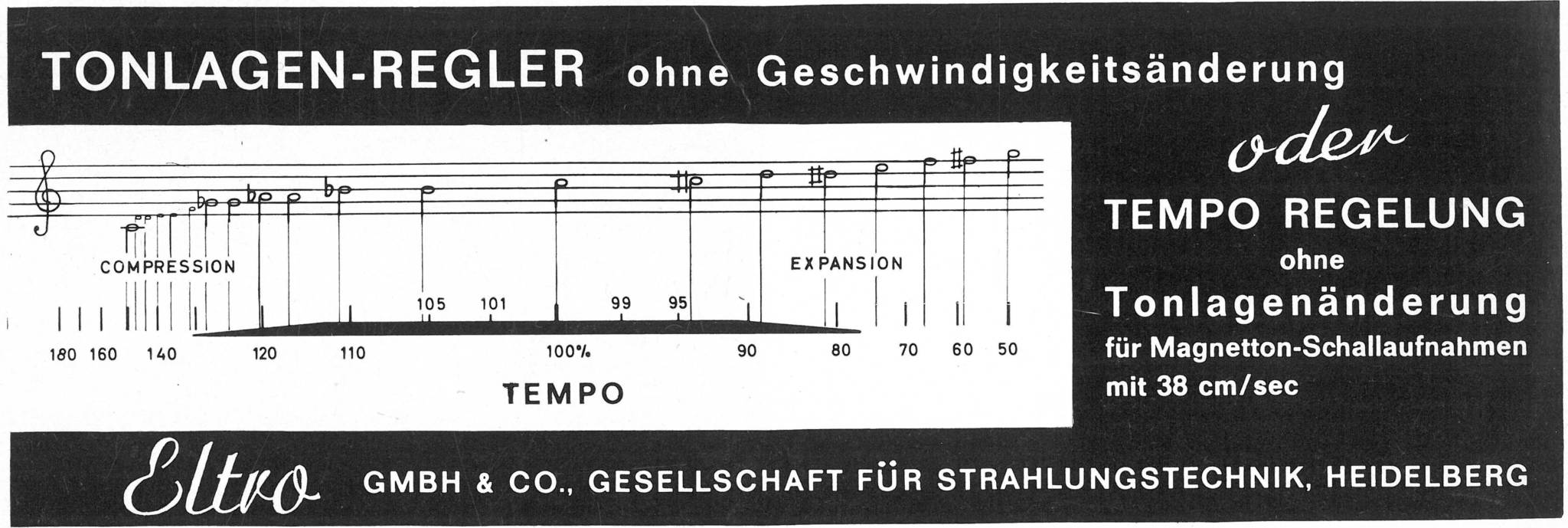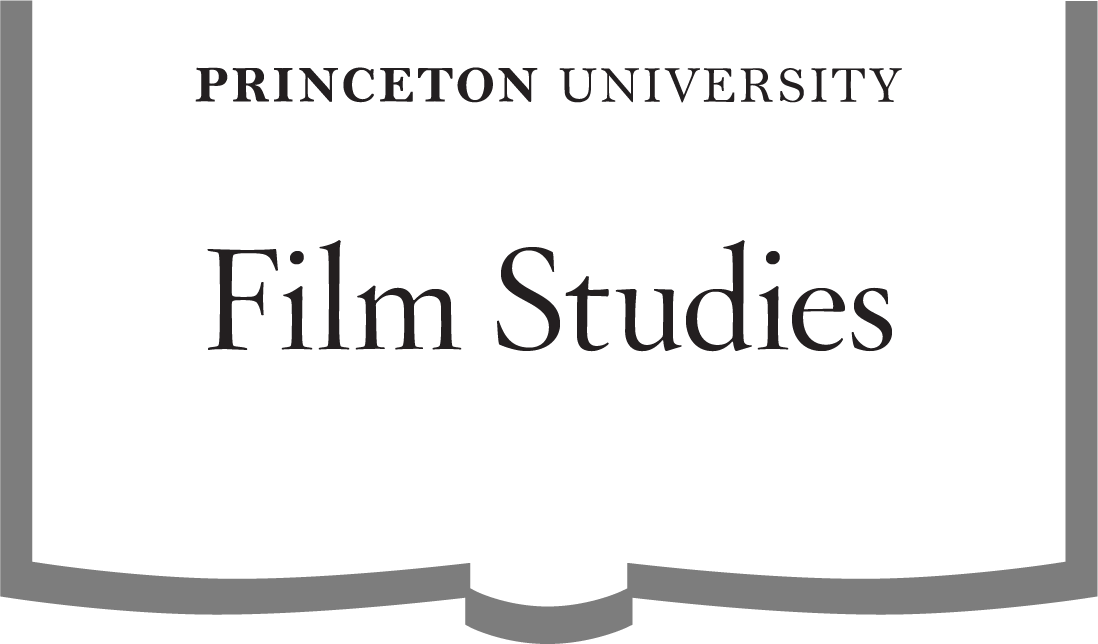
From Compressed Speech to Sounds of Infinite Duration
Humanities Council McGill University
March 28, 2018 · 4:30 pm—6:00 pm · 010 East Pyne

On Wednesday, March 28, the Humanities Council will host the sixth lecture in a new, seven-part, year-long speaker series about the field of Media Studies, Positions and Prospects, organized by Devin Fore (German). Jonathan Sterne (McGill), will deliver the talk on “From Compressed Speech to Sounds of Infinite Duration: Time-Stretching and Pitch-Shifting in the Analog Era.”
Abstract
Today, our singers at auto-tuned, our podcasts and lectures can be speed-listened, and our commercials are synced to their 30-second slots. But in the mid 20th century, it was a strange and wonderful possibility to change the duration of a recording without affecting its pitch, or to change the pitch of a recording without affecting its duration. Techniques that we now call time-stretching and pitch-shifting represented something at the frontier of possibilities for audio, a break with phonographic models of sound recording, and new possible relationships between sound and time. Covering the period from the first attempts with film, tape and wires in the 1920s and 1930s until the turn to digital solutions in the early 1970s, this talk offers a capsule history of the techniques of time-stretching and pitch-shifting in the analog domain in the US and Germany. In so doing, it documents the competing meanings of the technology as it moved between blind readers, musicians, information theorists and broadcasters. Please note: this talk is drawn from a co-authored book in progress: Mara Mills and Jonathan Sterne, Tuning Time: Histories of Sound and Speed.
Jonathan Sterne is James McGill Professor of Culture and Technology at McGill University. He is author of MP3: The Meaning of a Format (Duke 2012), The Audible Past: Cultural Origins of Sound Reproduction (Duke, 2003); and numerous articles on media, technologies and the politics of culture. He is also editor of The Sound Studies Reader (Routledge, 2012) and co-editor of The Participatory Condition in the Digital Age (Minnesota, 2016). His current projects consider instruments and instrumentalities; mail by cruise missile; and the intersections of disability, technology and perception. His next book, tentatively titled Tuning Time: Histories of Sound and Speed, is co-authored with Mara Mills. Visit his website at http://sterneworks.org.












